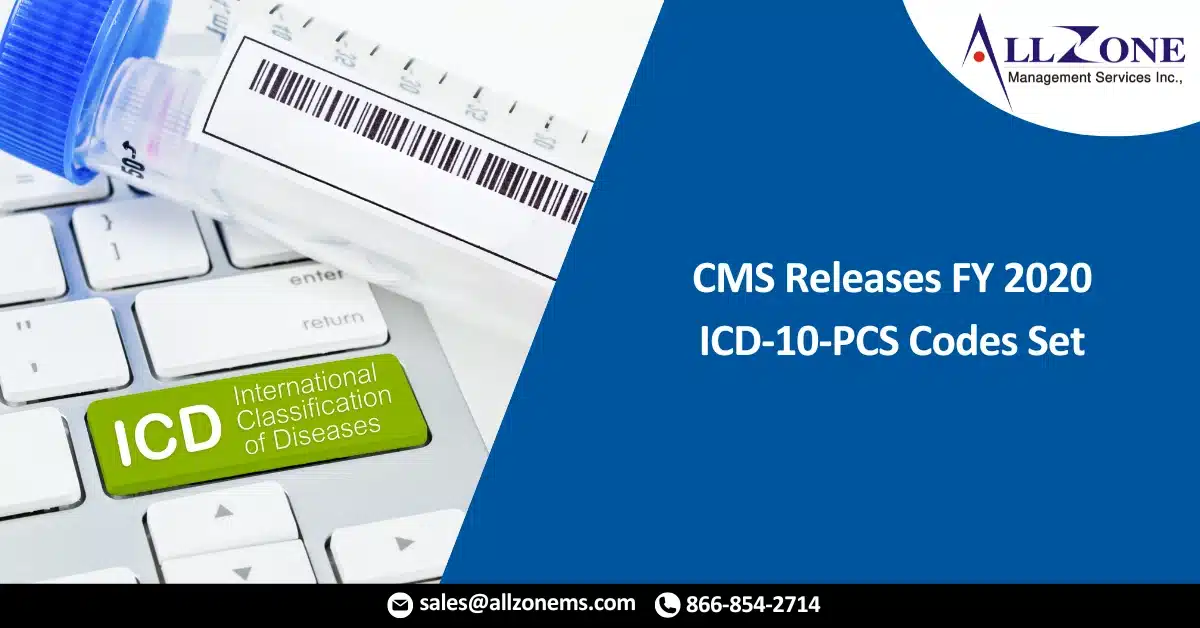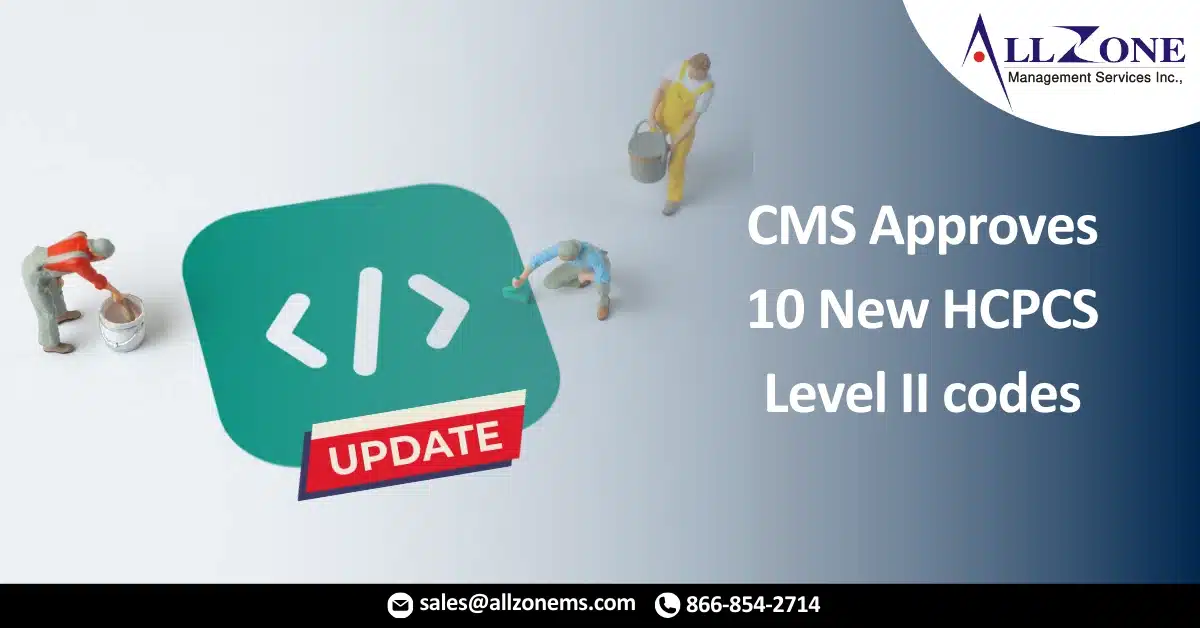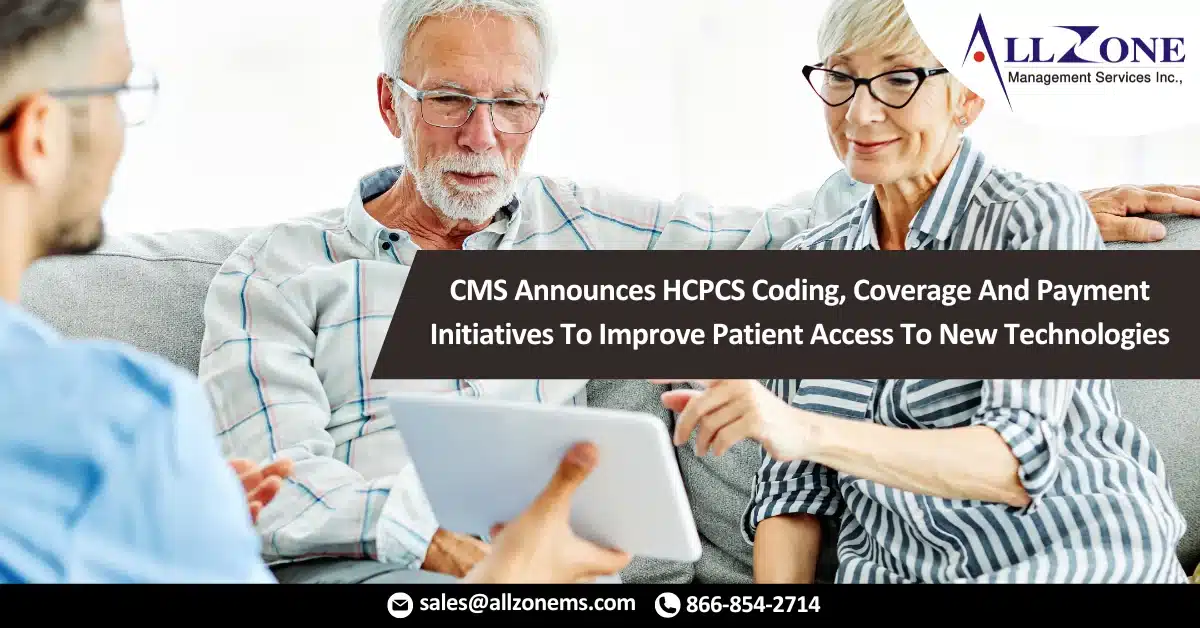Medical necessity denials continue to be a pain point for revenue cycle leaders, so much so that HBI members reported medical necessity as one of the top three root causes in 2016, 2017, and 2018. While denials and appeals are typically housed within the revenue cycle, there are many other teams—including clinical staff, utilization review, […]
To protect the privacy of Medicare recipients and prevent fraudulent use of Social Security Numbers (SSN), a new, unique 11-character Medicare Beneficiary Identifier (MBI) is replacing the SSN-based Health Insurance Claim Number (HICN) for Medicare transactions such as billing, eligibility status, and claim submissions. The MBI does not change Medicare benefits. What’s Behind The Change? The […]
The Durable Medical Equipment Medicare Administrative Contractors (DME MAC) are changing the requirement that medical coders to use the right (RT) and left (LT) modifiers for certain HCPCS codes, and that the modifiers be used when billing two of the same item or accessory on the same date of service and the items are being used bilaterally. The […]
CMS released the fiscal year (FY) 2020 ICD-10-PCS changes on Friday, May 31, which include two code revisions, 734 additions, and 2,056 invalidations. The files include information on ICD-10-PCS updates that all inpatient coders must use for discharges occurring from October 1, 2019, through September 30, 2020. The total number of ICD-10-PCS codes for 2019 was 78,881. […]
Ten new HCPCS Level II codes for drugs and biologicals will be payable for Medicare, effective for claims with dates of service on or after July 1, 2019. HCPCS Level II codes is a standardized coding system that is used primarily to identify products, supplies, and services not included in the CPT code set jurisdiction, such as […]
As companies shift more and more healthcare costs to their employees, the doormen, office cleaners, cafeteria staff and other members of the union 32BJ SEIU remain among the lucky few who pay no premiums and have no deductibles as part of their benefit plan. Keeping it that way has been no easy task. With each new collective-bargaining agreement, the […]
In April, the U.S. Department of Health and Human Services (HHS) announced five new alternative payment models for primary care, known as the CMS Primary Cares Initiative. The five alternative payment models are: Primary Care First Primary Care First – High Need Populations Direct Contracting – Global Direct Contracting – Professional Direct Contracting – […]
Hospitals and health systems are exploring ways to revenue cycle transformation processes to offset financial pressures. However, shifting to a new business model for revenue cycle management can be challenging. The hospital revenue cycle has become increasingly complex in recent years for several reasons, including the shift away from fee-for-service medicine, the adoption of advanced […]
On May 2, the Centers for Medicare and Medicaid Services (CMS or the Agency) announced in a press release that it will be changing how frequently the Agency reviews applications for new and revised Level II codes under the Healthcare Common Procedure Coding System (HCPCS). Specifically, CMS stated that the Agency “is moving to a process with […]
Dual eligible Medicare Advantage beneficiaries had 42.1% less emergency room visits than their fee-for-service counterparts. The cost of care and rate of hospitalizations for dual eligible Medicare Advantage (MA) beneficiaries was considerably lower than dual eligibles under fee-for-service (FFS), according to an Avalere Health study released Tuesday evening. Dual eligible Medicare Advantage (MA) populations averaged healthcare […]










